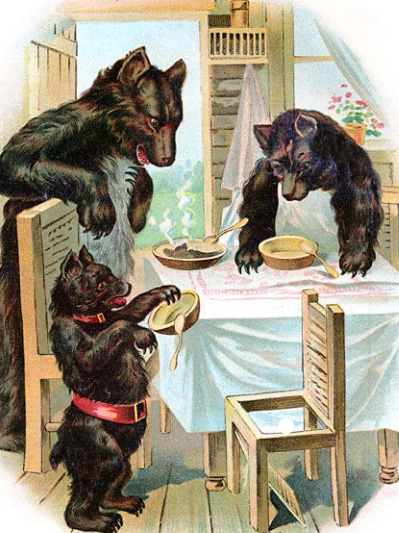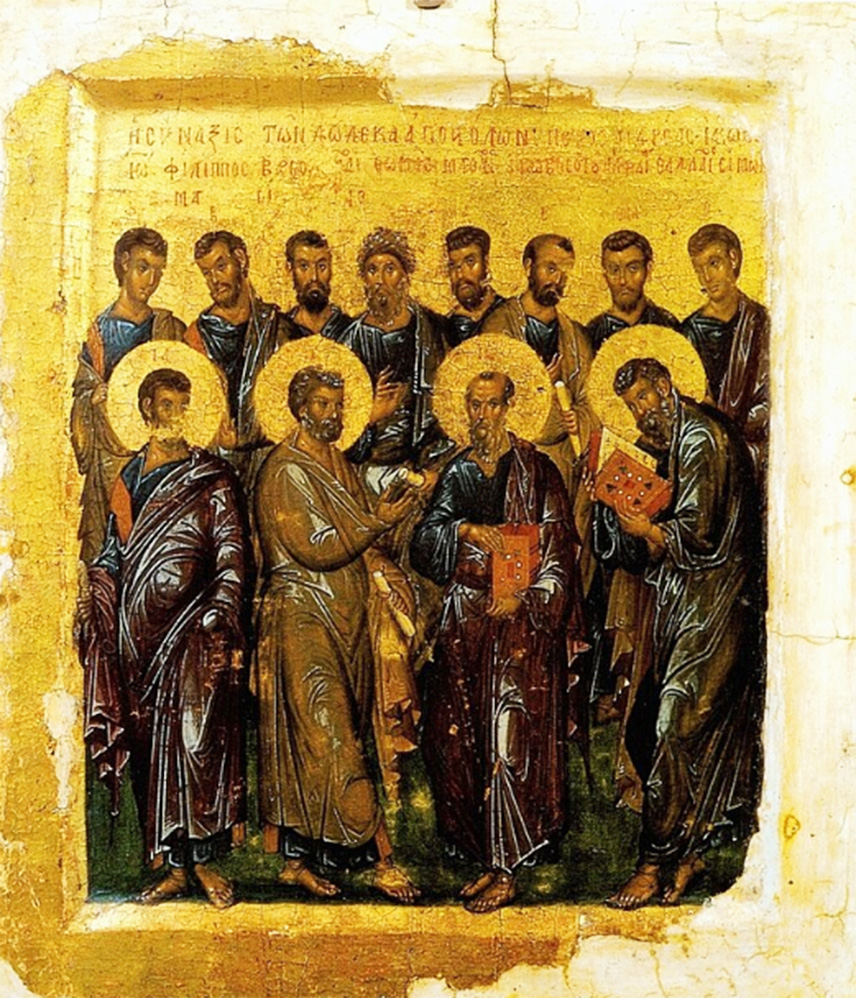Marie-Louise von Franz: The Interpretation of Fairy Tales

[One’s favorite fairy tale would, of course, have some unusual personal psychological significance.
Mine would be “Goldilocks and the Three Bears”. Here I am in in Alaska. Go figure.
Perhaps add your favorite fairy tale in the comment section.]
Why Fairy Tales are Important
Fairy tales are the purest and simplest expression of collective unconscious psychic processes.
Therefore, their value for the scientific investigation of the unconscious exceeds that of all other material.
They represent archetypes in their simplest, barest, and most concise form.
In this pure form, the archetypal images afford us the best clues to the understanding of the processes going on in the collective psyche.
In myths or legends, or any other more elaborate mythological material, we get at the basic patterns of the human psyche through an overlay of cultural material.
But in fairy tales there is much less specific conscious cultural material and therefore they mirror the basic patterns of the psyche more clearly….
Scientific interest in them began in the 18th century with Winckelmann, Haman, and J. G. Herder.
Others like K. Ph. Moritz gave these tales a poetical interpretation.
Herder said that such tales contained the remnants of an old long-buried faith expressed in symbols.
In that thought one sees an emotional impulse-the neo-paganism which began to stir in Germany as early as the time of Herder’s philosophy and which blossomed in a very unpleasant way not long ago.
Dissatisfaction with Christian teaching and the first longings for a more vital, earthy and instinctual wisdom, began then; later we find it more explicitly among the Romanticists in Germany.
It was this religious search for something which seemed lacking in official Christian teaching that first induced the famous brothers Jakob and Wilhelm Grimm to collect folk tales.
Before then, fairy tales suffered the same fate as the unconscious itself, which was taken for granted.
People take it for granted and live on it, but do not want to admit its existence.
They make use of it— for instance, in magic and talismans.
If you have a good dream, you exploit it, but at the same time you do not take it seriously.
For such people a fairy tale or a dream does not need to be looked at accurately but may be distorted; since it is not ‘scientific’ material, one can just as well spin a little around it and one has the right to pick what suits one and to discard the rest.
Marie Louise von Franz: The Interpretation of Fairy Tales
Pages 6-8
- Page n8Scientific interest in them began in the 18th century with Winckelmann, Haman, and J. G. Herder. Others like K. Ph. Moritz gave these tales a poetical interpretation. Herder said that such tales contained the remnants of an old long-buried faith expressed in symbols. In that thought one sees an emotional impulse-the neo-paganism which began to stir in Germany as early as the time of Herder’s philosophy and which blossomed in a very unpleasant way not long ago. Dissatisfaction with Christian teaching and the first longings for a more vital, earthy and instinctual wisdom, began then; later we find it more explicitly among the Romanticists in Germany.
- Page n8It was this religious search for something which seemed lacking in official Christian teaching that first induced the famous brothers Jakob and Wilhelm Grimm to collect folk tales. Before then, fairy tales suffered the same fate as the unconscious itself, which was taken for granted. People take it for granted and live on it, but do not want to admit its existence. They make use of it— for instance, in magic and talismans. If you have a good dream, you exploit it, but at the same time you do not take it seriously. For such people a fairy tale or a dream does not need to be looked at accurately but may be distorted; since it is not ‘scientific‘ material, one can just as well spin a little around it and one has the right to pick what suits one and to discard the rest.
Marie-Louise von Franz, The Interpretation of Fairy Tales



